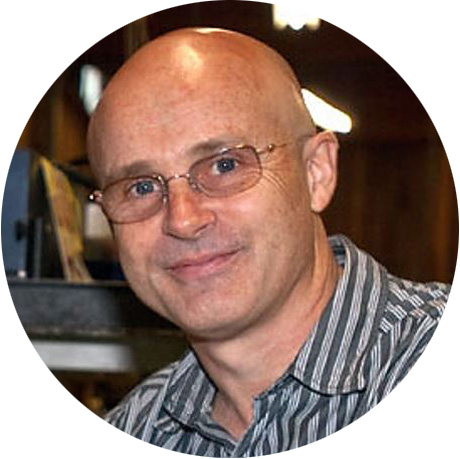Grant Deane
Scripps Institution of Oceanography
Seminar Information
Engineering Building Unit 2 (EBU2)
Room 479
Seminar Recording Available: Please contact seminar coordinator, Jake Blair at (j1blair@ucsd.edu)

Whitecaps from breaking waves are scattered across the 71% of the Earth's surface covered by ocean. This ephemeral, two-phase flow increases planetary albedo, generates underwater sound, and is the source of sea-spray aerosol, which influences weather and climate through the mixing state of clouds. Despite over sixty years of study, many fundamental properties of whitecaps, such as time-evolving cell size distribution, aerosol production rate, and chemistry-modulated
Originally from New Zealand, Grant Deane joined UC San Diego in 1991 as a Mellon Fellow from the Mathematical institute, University of Oxford in England. His research areas are ocean wave phenomena, ice-ocean interactions, and underwater acoustics. He is the Principal Investigator for the recently commissioned Scripps Ocean-Atmosphere Research Simulator (SOARS, https://scripps.ucsd.
